Plant Sterols: Cholesterol-Lowering Powerhouses
Today, we continue our journey into the world of plant constituents. Herbal extracts contain a vast array of medicinal compounds, each contributing to the overall therapeutic properties of the plant. By isolating and studying individual active compounds, we gain a deeper understanding of their effects and interactions.
One such fascinating group of compounds is sterols, specifically plant sterols, which have garnered attention for their cholesterol-lowering capabilities and broad applications in both human health and skincare.
What Are Plant Sterols?
Plant sterols, also known as phytosterols, belong to the terpenoid class of molecules. Structurally, they resemble cholesterol, but rather than being derived from animal sources, they are naturally synthesized by plants and microbes.
Biological Role in Plants
In plants, sterols play a vital role in maintaining cell membrane integrity and fluidity, much like cholesterol does in human cells. They regulate membrane permeability and influence various enzymatic activities, such as ATPase modulation, ensuring proper cell function.
Types & Sources of Plant Sterols
Dietary plant sterols are present in small amounts across a variety of plant-based foods. The most abundant include:
Sitosterol – Found in vegetable oils, nuts (pistachios, almonds), and whole grains.
Campesterol – Present in sesame seeds, soybeans, and peanut oil.
Stigmasterol – Common in certain nuts and seeds, as well as vegetable oils.
Additionally, some plants contain unique sterols, such as spinasterol in spinach or brassicasterol in rapeseed oil, each offering distinct benefits.
Due to their cholesterol-lowering properties, plant sterols are incorporated into fortified foods like margarine, orange juice, and yogurt. They also have intriguing applications in cosmetic formulations, thanks to their ability to condition the skin.
Health Benefits of Plant Sterols
Scientific research highlights the significant impact plant sterols have on cardiovascular health, primarily through cholesterol modulation.
Lowering LDL ("Bad") Cholesterol
Regular intake of plant sterols can decrease LDL cholesterol levels by 6-15%, depending on dosage and individual absorption rates. This effect is particularly beneficial for those at risk of cardiovascular disease.
Reducing Heart Disease Risk
By lowering LDL levels, plant sterols help reduce the likelihood of atherosclerosis, a condition where cholesterol deposits form plaque in arteries, potentially leading to heart attacks and strokes.
Additional Benefits Beyond Heart Health
While primarily recognized for their cardiovascular benefits, plant sterols have anti-inflammatory properties and may play a role in immune modulation. Their presence in skincare formulations enhances skin hydration and barrier function, making them valuable in natural beauty products.
How Do Plant Sterols Lower Cholesterol?
The cholesterol-lowering effect of plant sterols is due to their ability to block the absorption of cholesterol in the intestines. Here's how it works:
Competition with Cholesterol: Plant sterols compete with dietary cholesterol for absorption in the intestines. Since plant sterols are structurally similar to cholesterol, they effectively displace cholesterol, preventing it from being absorbed into the bloodstream.
Reduction in LDL Cholesterol: By reducing the absorption of cholesterol, plant sterols help lower low-density lipoprotein (LDL) cholesterol levels, also known as "bad" cholesterol. High levels of LDL cholesterol are a major risk factor for cardiovascular diseases, such as heart attacks and strokes.
No Impact on HDL Cholesterol: Importantly, plant sterols do not affect high-density lipoprotein (HDL) cholesterol levels, often referred to as "good" cholesterol. HDL cholesterol helps remove excess cholesterol from the bloodstream, providing a protective effect against heart disease.
Common Sources of Plant Sterols
Plant sterols are naturally present in many plant-based foods. Here are some of the best sources:
Nuts and Seeds: Almonds, walnuts, sunflower seeds, and flaxseeds are rich in plant sterols.
Legumes: Beans, lentils, and chickpeas are excellent sources of plant sterols.
Whole Grains: Oats, barley, and whole wheat contain significant amounts of plant sterols.
Fruits and Vegetables: Fruits like oranges and apples, and vegetables like broccoli and Brussels sprouts, are good sources of plant sterols.
Fortified Foods: Certain foods, such as margarine, orange juice, and yogurt, are fortified with plant sterols to enhance their cholesterol-lowering benefits.
How to Incorporate Plant Sterols into Your Diet
Incorporating plant sterols into your diet is simple and can be done through a combination of natural and fortified foods. Here are some tips:.
Snack on Nuts and Seeds: Include a handful of nuts or seeds in your daily snacks to boost your plant sterol intake.
Add Legumes to Your Meals: Incorporate beans, lentils, and chickpeas into your meals, such as in salads, soups, and stews.
Eat More Whole Grains: Choose whole grain options like oats, barley, and whole wheat for breakfast and other meals.
Enjoy Fruits and Vegetables: Increase your intake of fruits and vegetables to benefit from their plant sterol content.
Conclusion: Why Plant Sterols Matter
Plant sterols are remarkable compounds that serve multiple functions, from cholesterol-lowering effects to skin-conditioning properties. By making conscious dietary choices that incorporate sterol-rich foods, you can take control of your heart health and support overall wellness.
Ready to embrace the power of plant sterols? Start small, experiment with new ingredients, and let these natural compounds work their magic!
References
Evtyugin, D. D., Evtuguin, D. V., Casal, S., & Domingues, M. R. (2023). Advances and challenges in plant sterol research: Fundamentals, analysis, applications, and production. Molecules, 28(18), 6526. https://doi.org/10.3390/molecules28186526
Barkas, F., Bathrellou, E., Nomikos, T., Panagiotakos, D., Liberopoulos, E., & Kontogianni, M. D. (2023). Plant sterols and plant stanols in cholesterol management and cardiovascular prevention. Nutrients, 15(13), 2845. https://doi.org/10.3390/nu15132845
Plat, J., Baumgartner, S., Vanmierlo, T., Lütjohann, D., Calkins, K. L., Burrin, D. G., Guthrie, G., Thijs, C., Te Velde, A. A., Vreugdenhil, A. C. E., Sverdlov, R., Garssen, J., Wouters, K., Trautwein, E. A., Wolfs, T. G., van Gorp, C., Mulder, M. T., Riksen, N. P., Groen, A. K., & Mensink, R. P. (2019). Plant-based sterols and stanols in health & disease: “Consequences of human development in a plant-based environment?”Progress in Lipid Research, 74, 87–102. https://doi.org/10.1016/j.plipres.2019.02.003

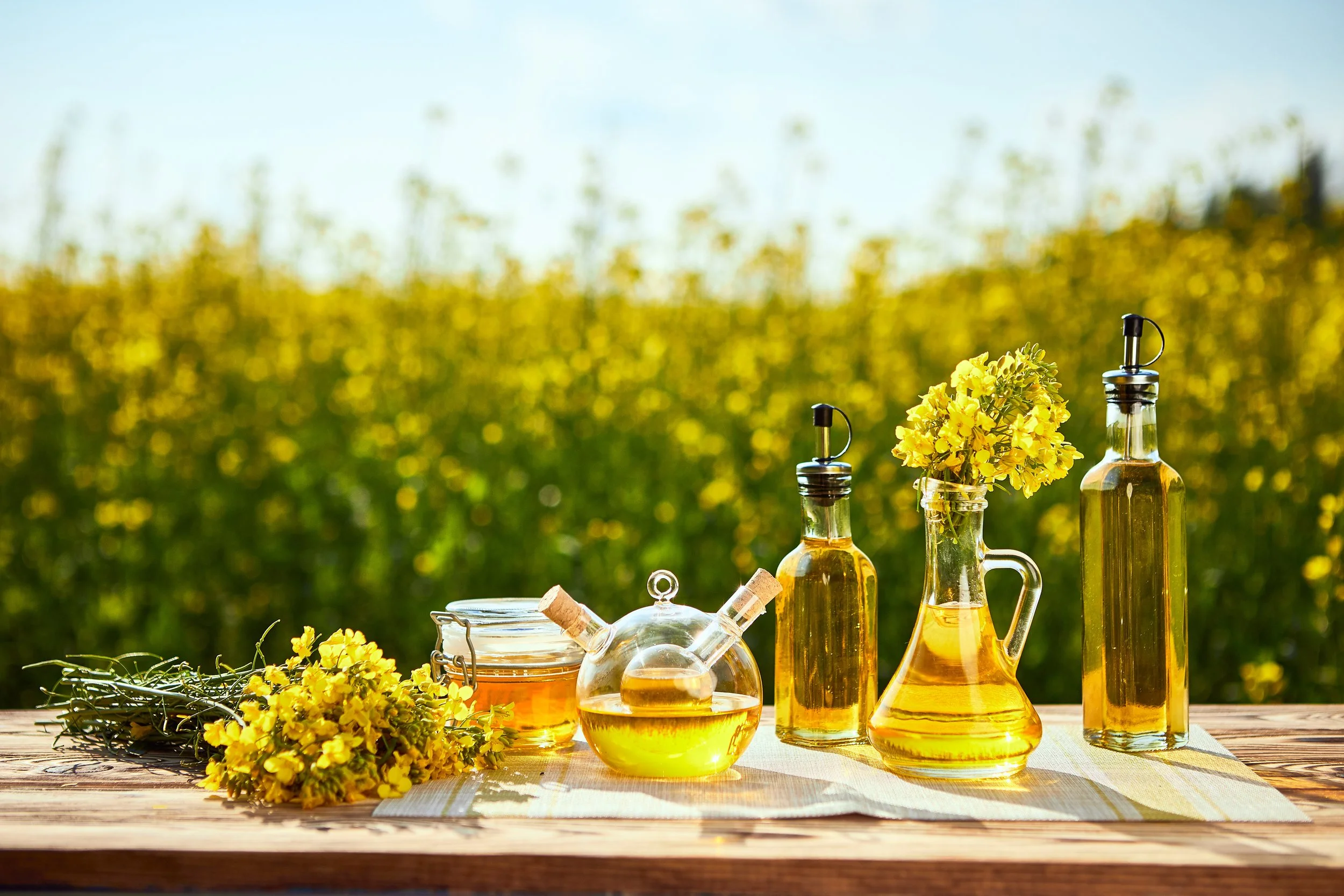
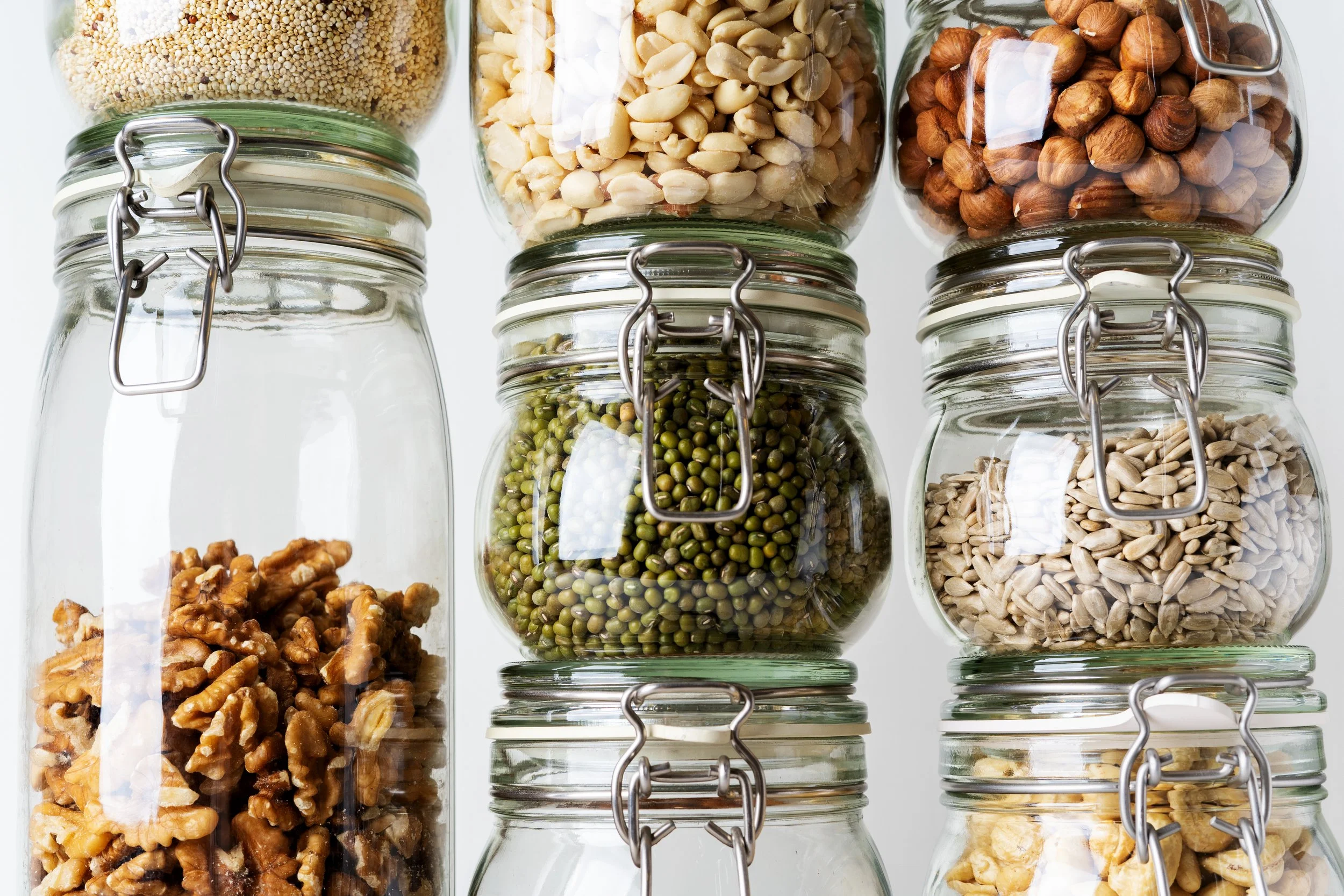
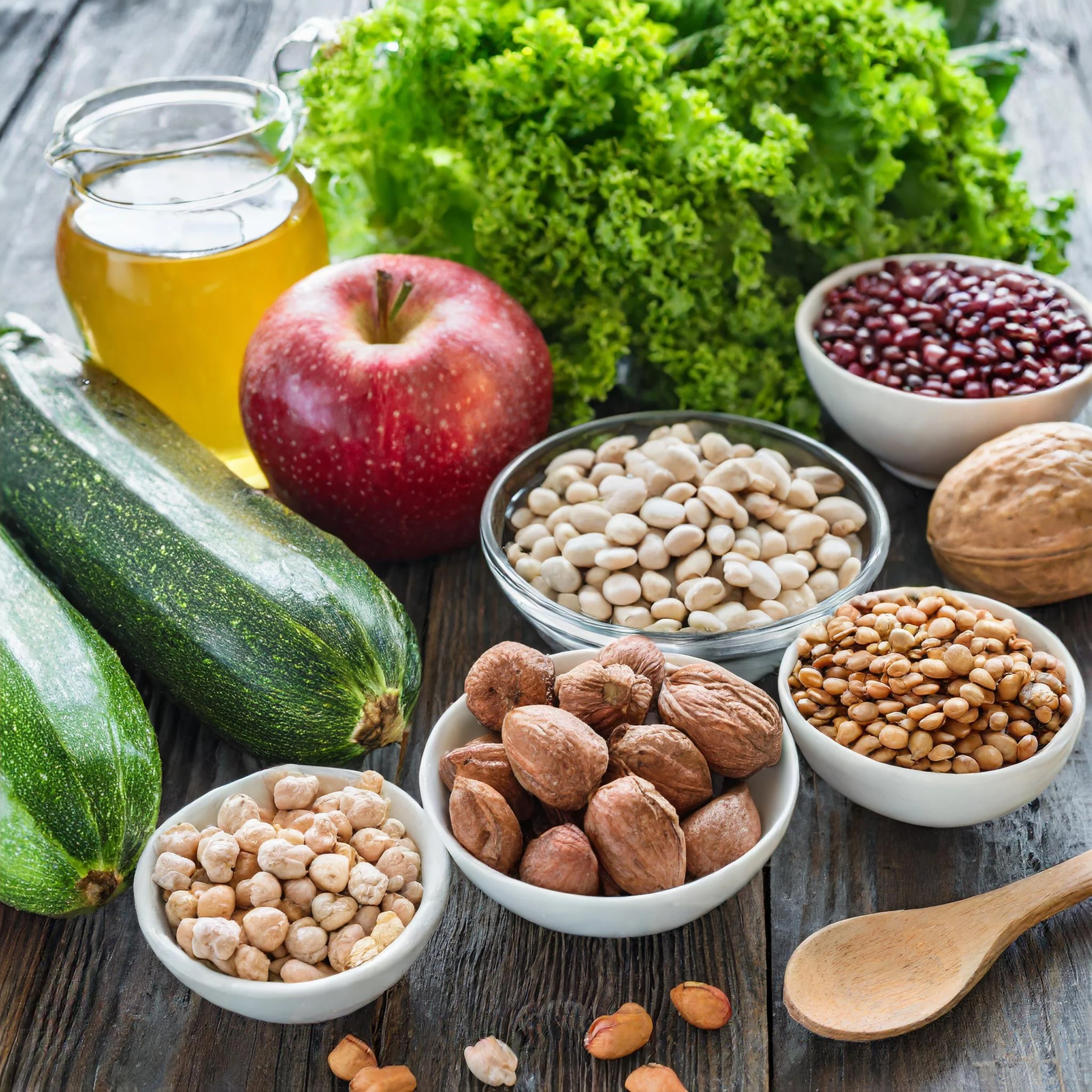
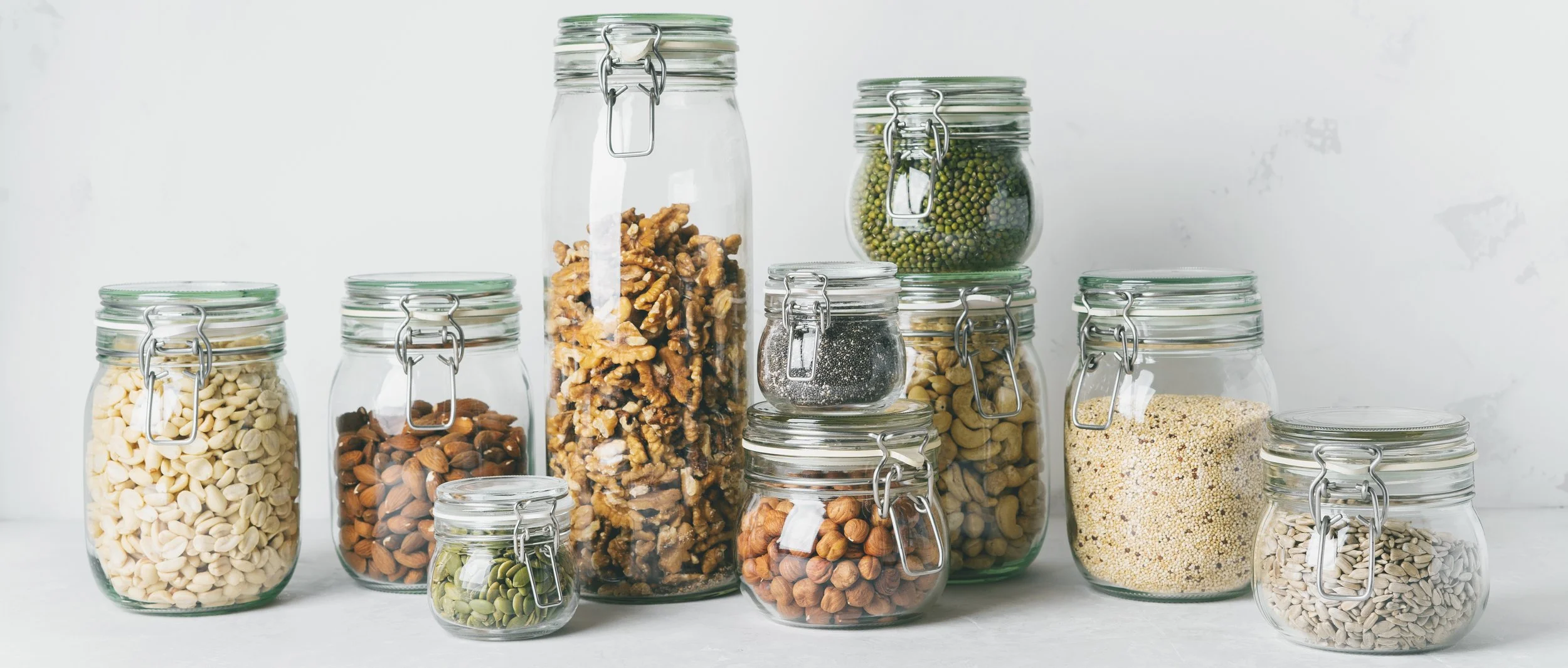







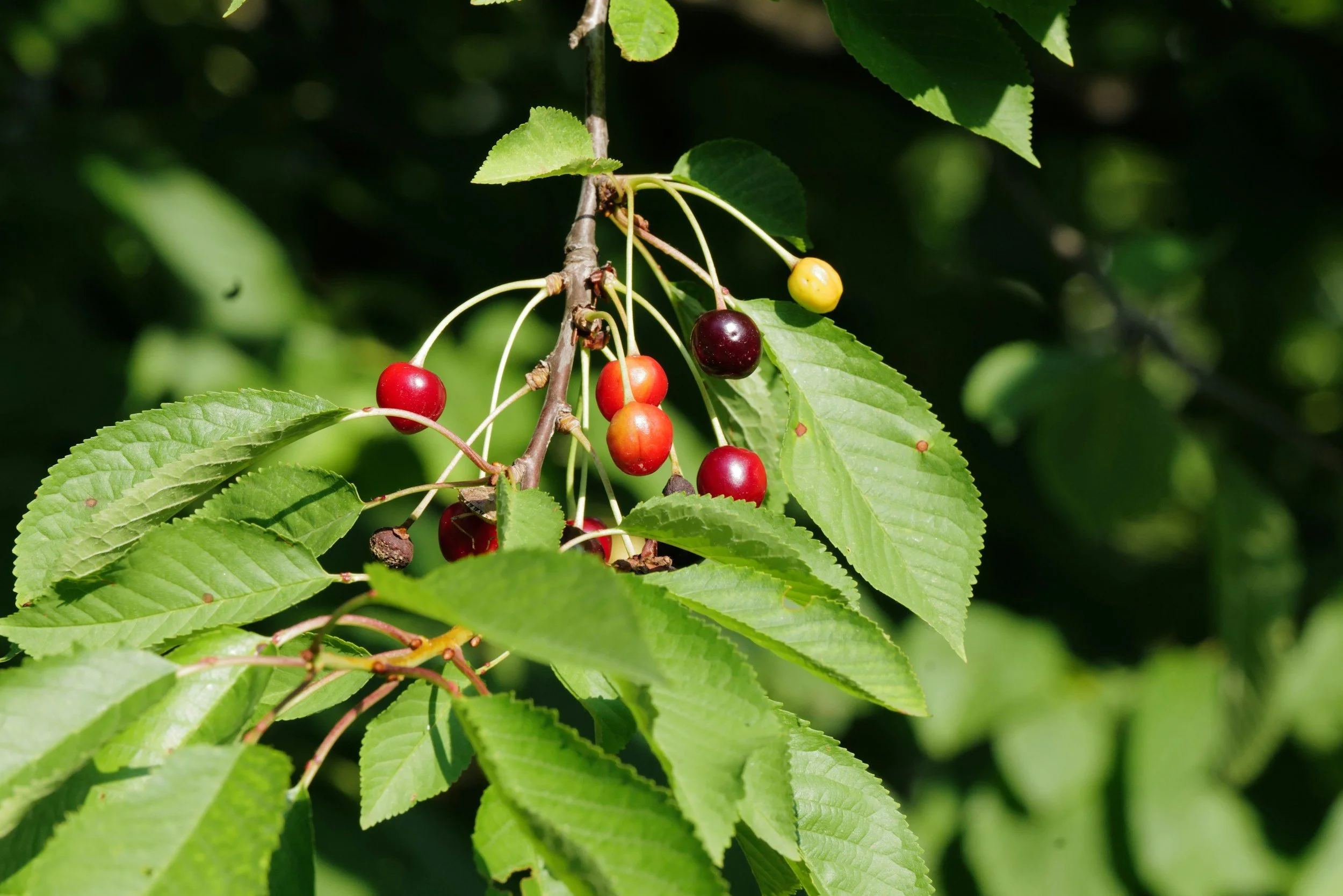
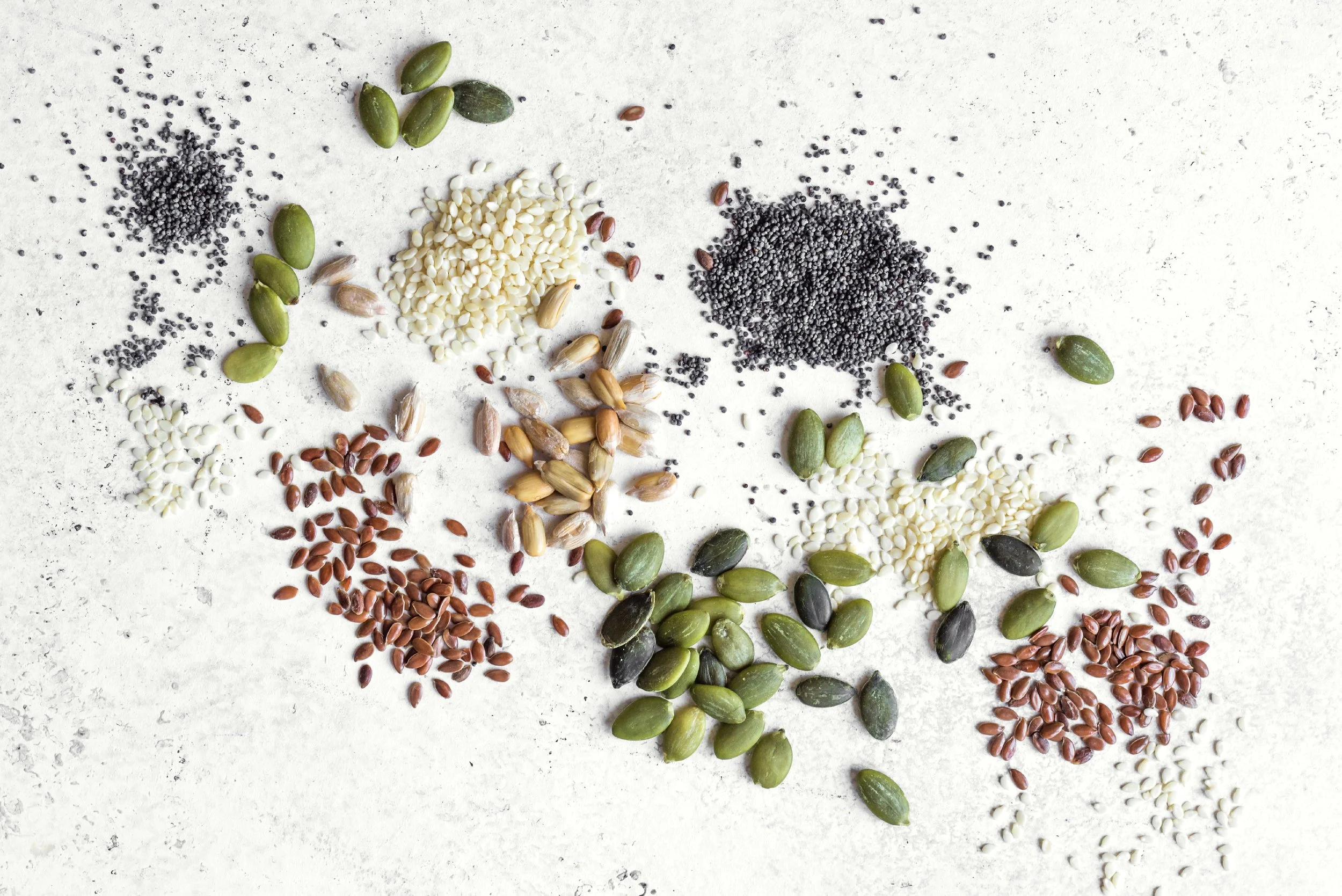


Hello and welcome! I'm Eve, a Chemist turned Herbalist, sharing the wonders of plant medicine and botanical skincare. Join me on this journey to Learn, Create, and Align your Divine!